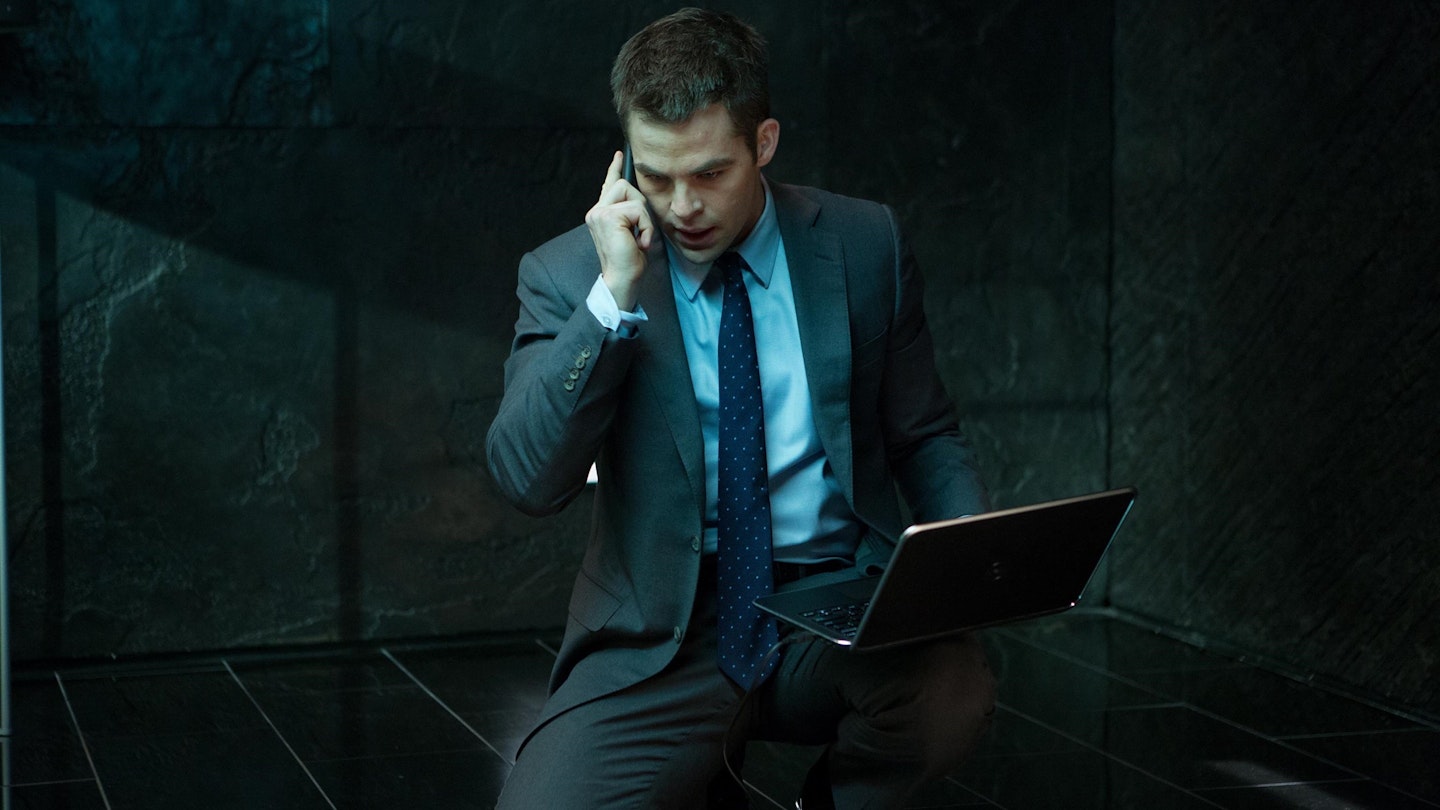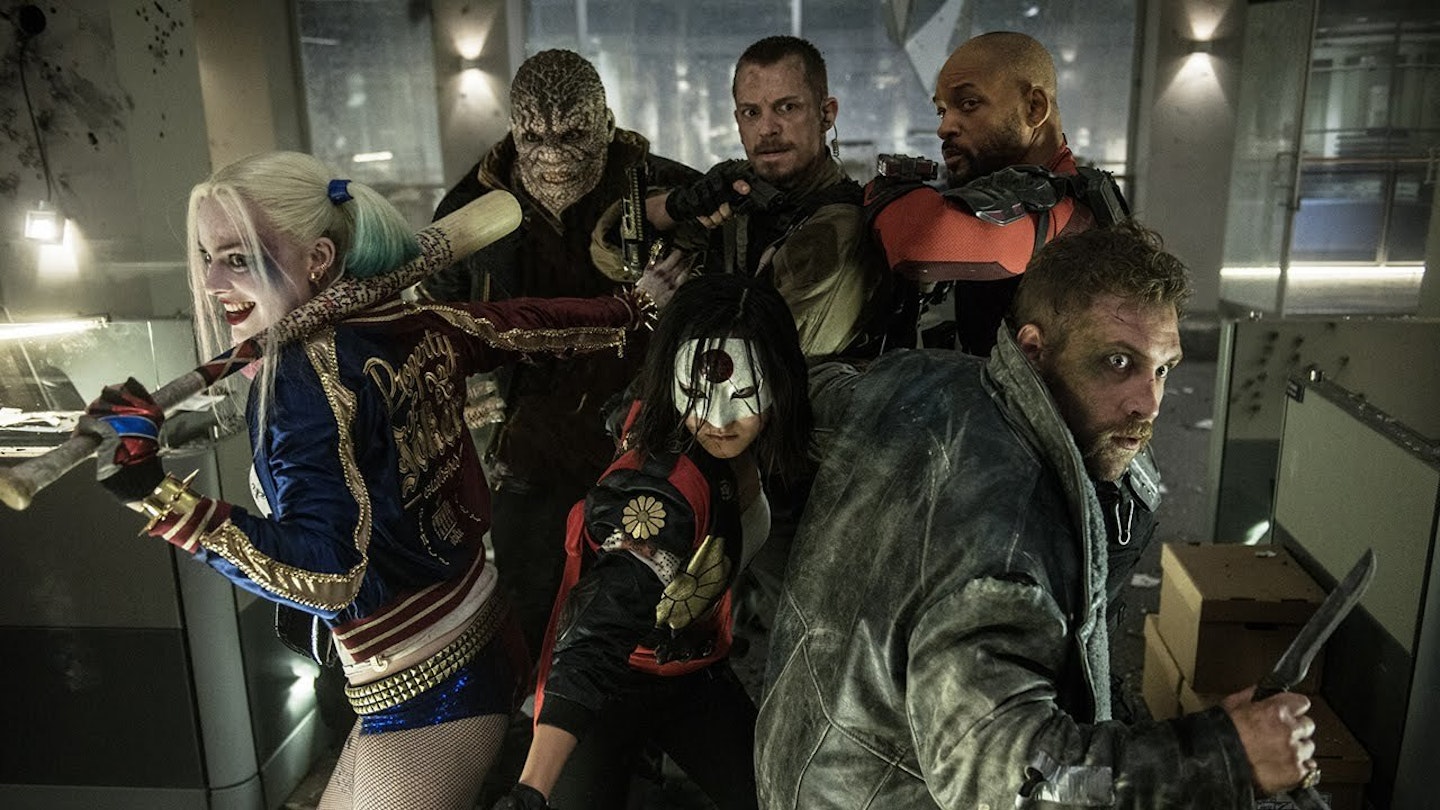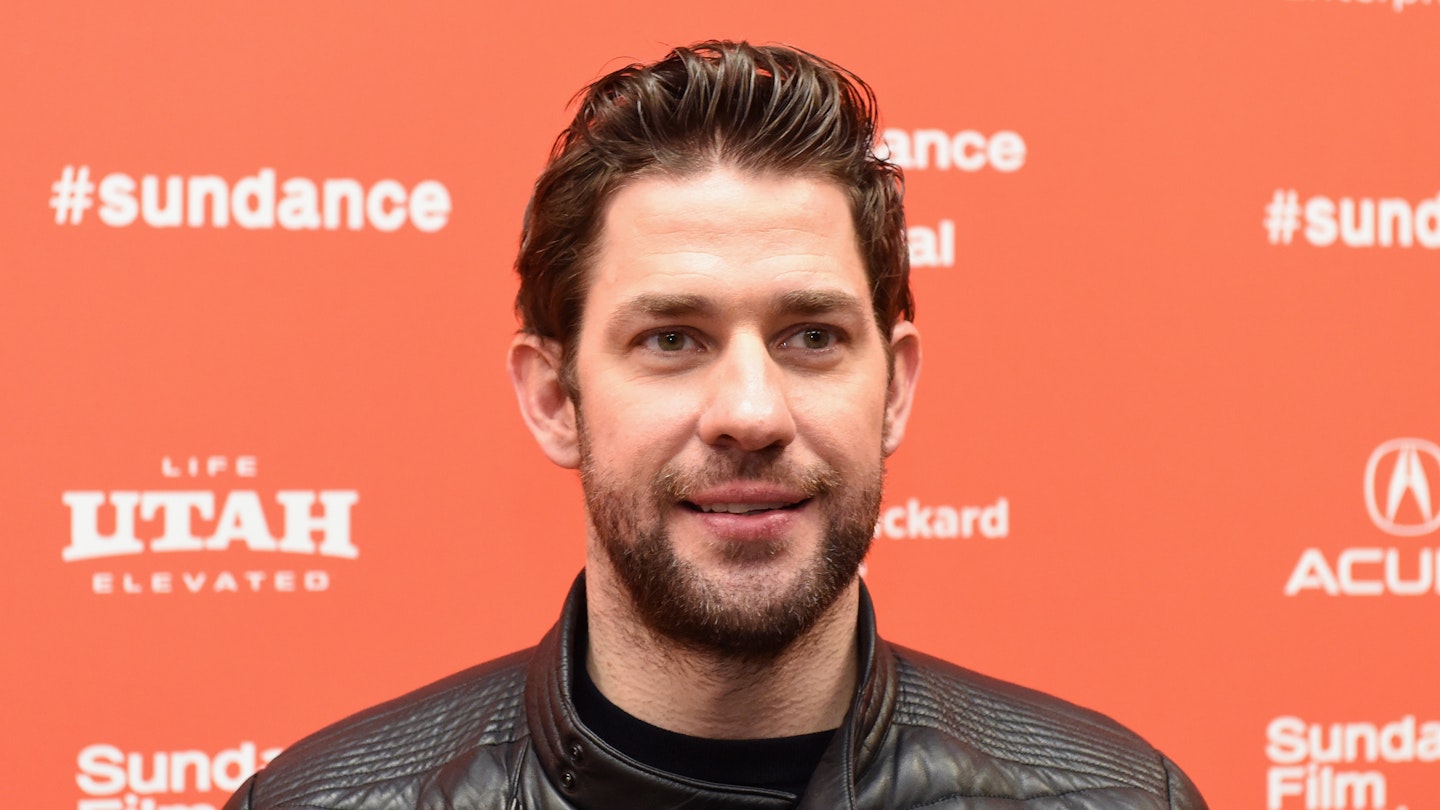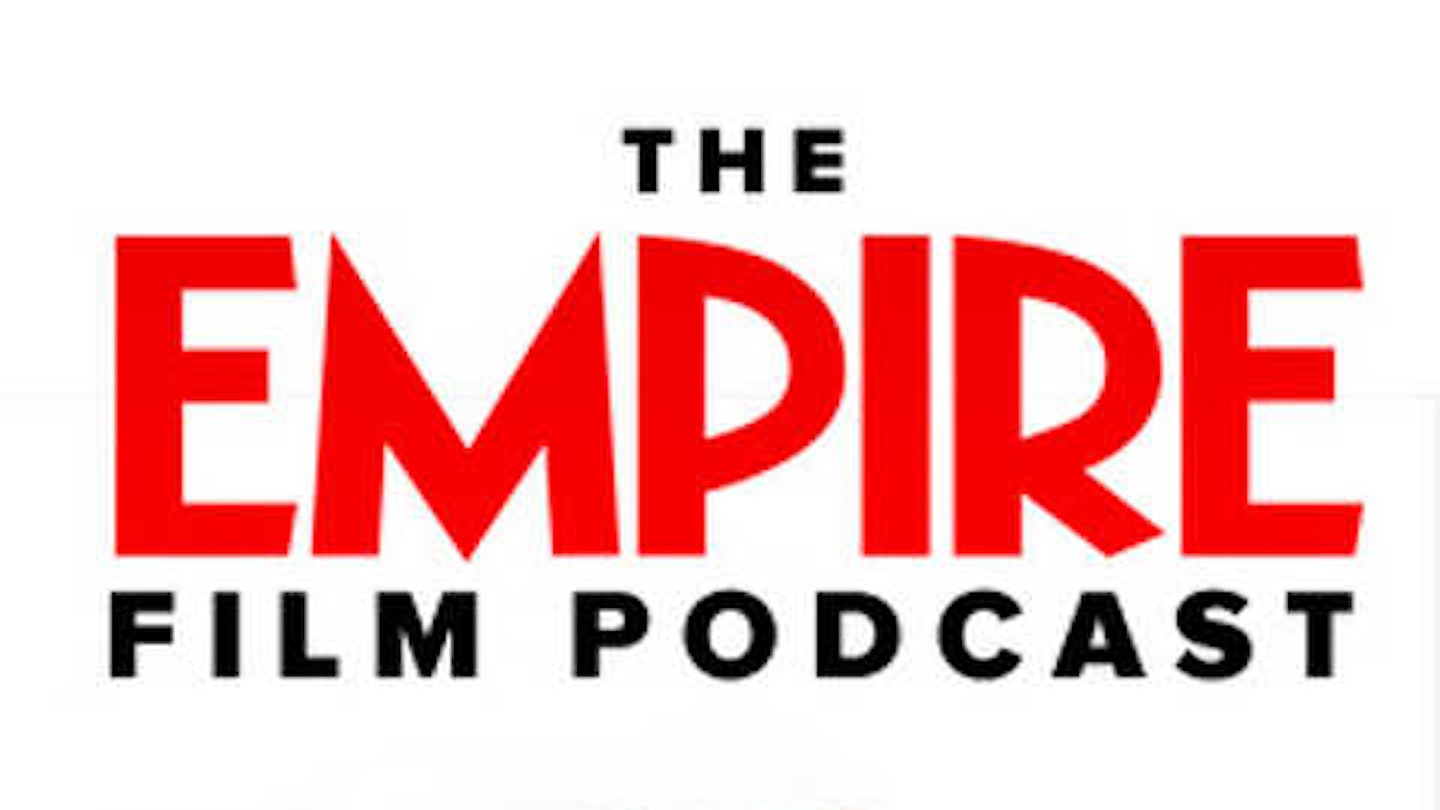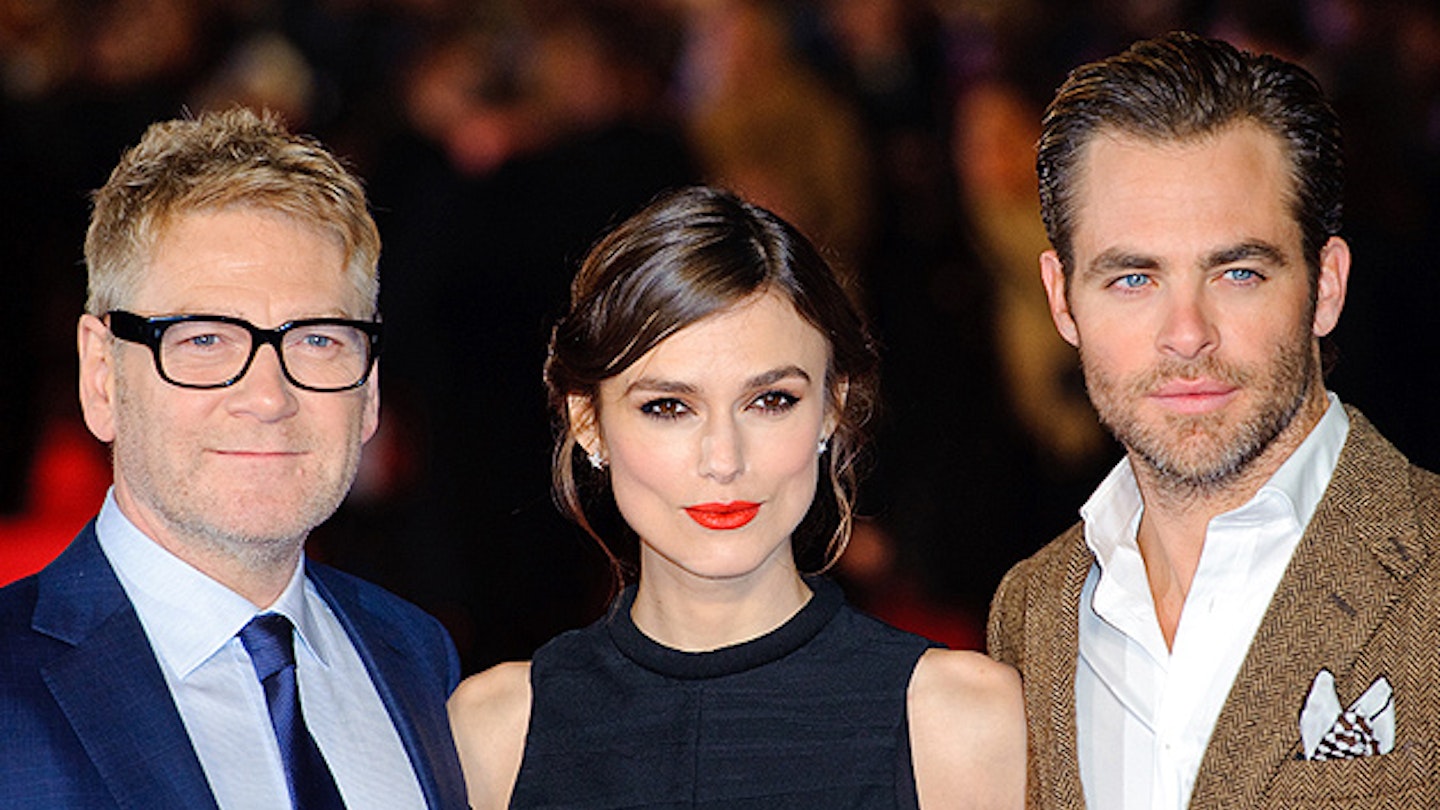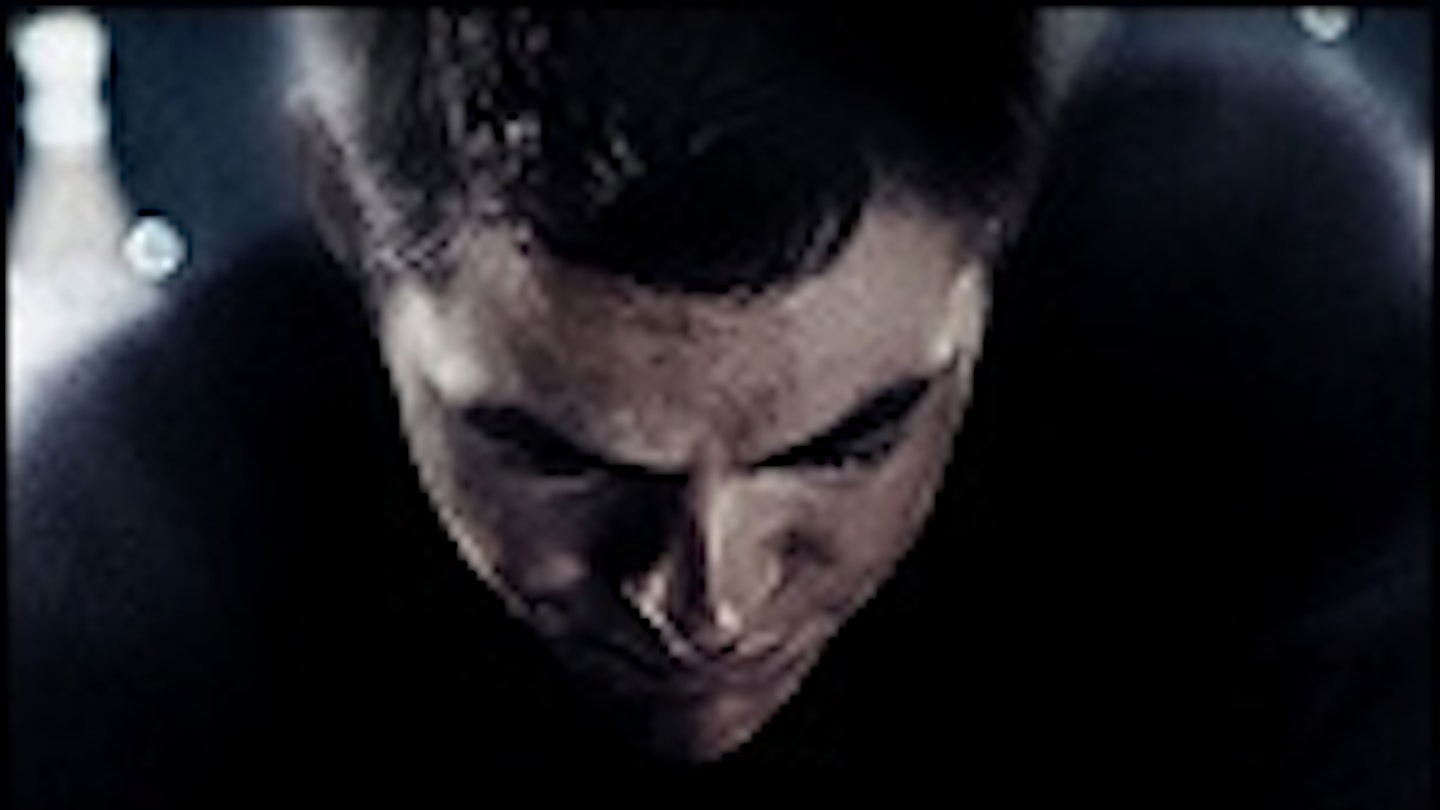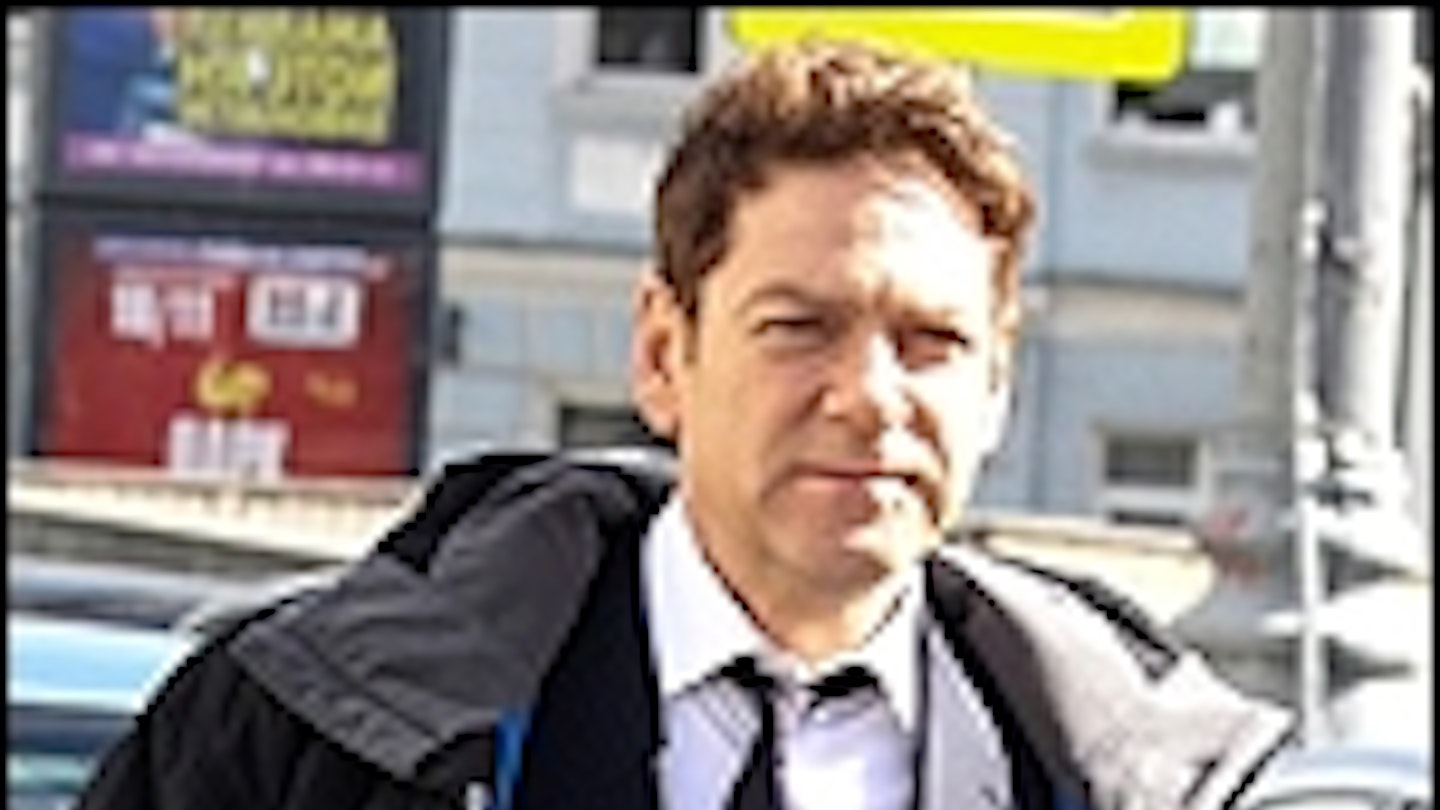Like Doctor Who minus the whimsy, Jack Ryan has regenerated for a fourth time. Now with the face of Chris Pine, he’s in remarkably good nick for a character who is, at least according to the timeline of Tom Clancy’s novels, a year off pensionable age. Directly comparing Shadow Recruit to the Baldwin, Ford or Affleck films would be beside the point and wilfully pedantic. The clear intention here is to restart the character, not with a knowing 007 wink at past lives, but in a wiping of the files. Judged on those terms, it’s a sleek beginning.
Jack Ryan’s career has been tightly condensed. In an economical introduction we meet a young Ryan (you can tell he’s young because Pine has been given a floppy-fringed wig) who signs up for the Marines after watching 9/11 in helpless horror. He’s injured in battle, restored to full health by the medical care and gentle flirtation of Cathy (Keira Knightley) and recruited by veteran CIA agent William Harper (Kevin Costner). A snap of the fingers and it’s a decade later. Ryan is a CIA analyst working undercover on Wall Street, sniffing out possible terrorist funding via share spreadsheets, and trying to get Cathy, now an ophthalmologist and his girlfriend, to marry him. It’s a neat tackling of the reboot essentials and plainly establishes two of the most interesting things about Ryan
versus other big-name spy thrillers.
Firstly, it answers the question of whether Jack Ryan just wants to simply mop up some of the audience filling time until the next Bond or Bourne, since all share the broadly similar remit of running around the world finding bad guys with complicated schemes and causing major traffic problems. Ryan sets himself apart. It’s kept clear that this is not a warrior; he’s a data nerd. He signed up, as he states, “for a desk job” and is a bit thrown by having to suddenly murder people and fire guns. He has the training to kill, but it’s a secondary skill. Ryan is a Q in Bond’s clothing. It’s here that Kenneth Branagh’s strengths lie. His action direction is solid, if routine, but he knows how to hit the human moments within those sequences. He’s a character director. The first time Ryan has to kill, because there is simply no other option, the lasting image is of his face blank with devastation as he holds a stranger’s head under water and waits for the last bubble to pop.
Ryan is never seen to be comfortable with death and requires frequent hand-holding through his missions. This is where Costner comes in handy. He’s given a lot of the expositional heavy lifting, which is handled with varying results. There’s an awkward scene in which Harper dictates Ryan’s achievements to him to catch the audience up, but a correspondingly elegant scene in which he has Ryan break down the villain’s plot simply, pointing out that he doesn’t do technical jargon (because neither do we). Mostly he’s there to show Ryan the ropes. This does have the effect of slowing down a few of the action set-pieces as Ryan has to keep pausing for his next directive or for Harper to kill the henchman descending on him, but it fits the character’s arc. To have Ryan immediately know his way around a shoot-out would weaken him dramatically.
The second achievement is the dynamic between Jack and Cathy. Traditionally, Cathy has been an anchor for Ryan, a reminder that he is a man with a life not just a mission, but she’s mostly out of the action. Here she’s brought into the field, accidentally. It’s vanishingly rare to see a happy, comfortable couple in a blockbuster and even rarer for that to be fun, but Adam Cozad and David Koepp’s script has them bickering companionably and clearly fancying each other madly. Cathy is resourceful and practical and, as evidenced by securing a Russian visa in a few hours, apparently something of a diplomatic mastermind. Harper might have recruited the wrong kid.
Branagh’s Cherevin is rather mid-’80s action baddy. While there’s an odd kind of retro thrill in seeing cartoon Russians dusted off for villainous duties — replete with accents learned from the Boris and Natasha school of ridiculous voices — Cherevin slips towards camp, so evil at every moment that you suspect he’d rather be facing someone armed with better gadgets and silly one-liners. In a film otherwise determinedly modern, he feels a bit of a relic.
